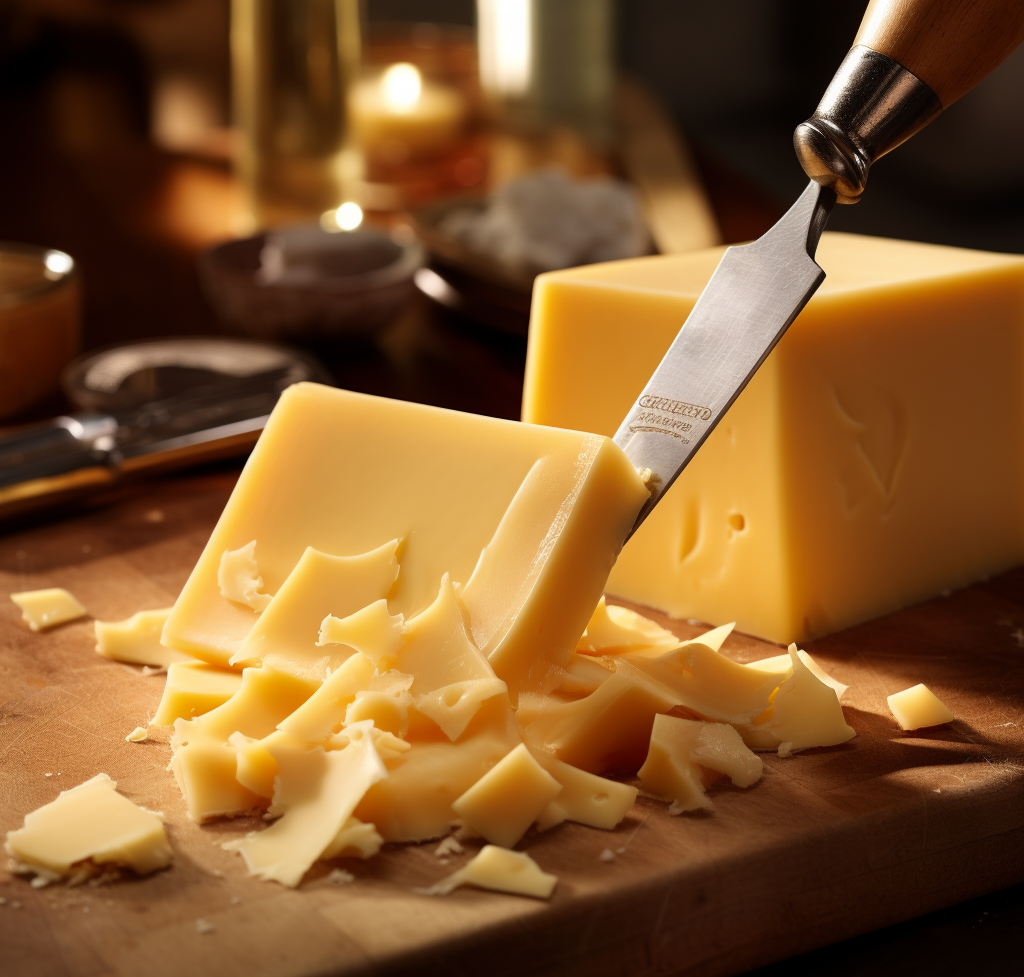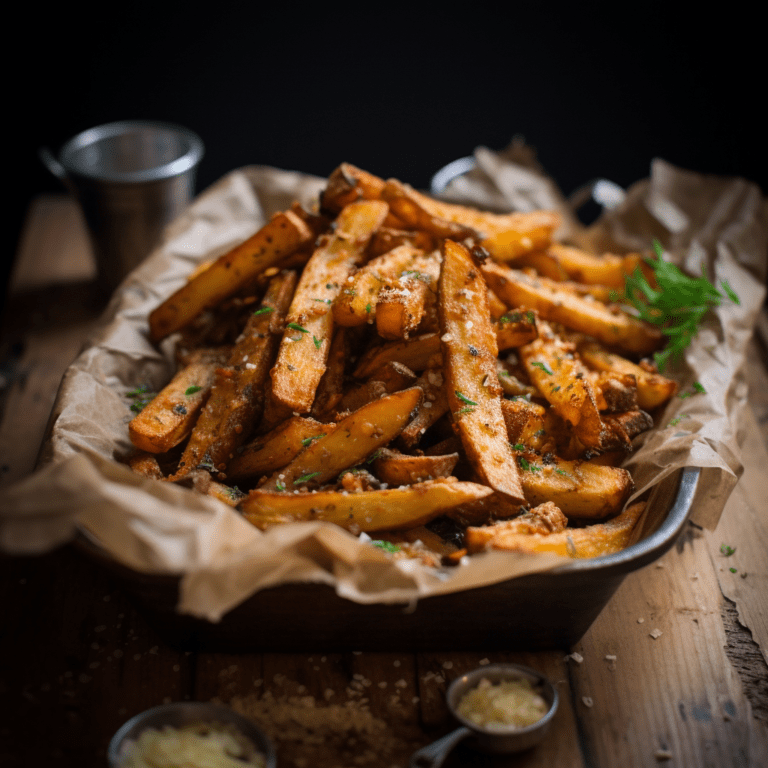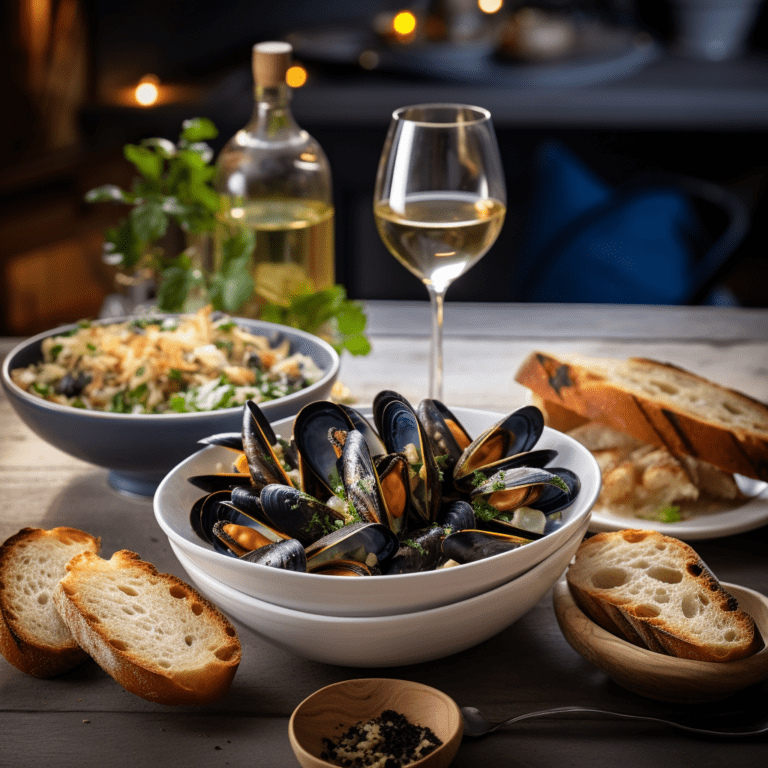Dutch Cheese
Dutch Cheese
In the Netherlands, cheese is produced throughout the country, but some cities have earned a reputation as cheese-making centers. The most prominent among them are Gouda, Edam, and Alkmaar.- Gouda: This city’s name is synonymous with one of the world’s most famous cheese varieties – Gouda cheese. Gouda boasts a long tradition of cheese-making, and its cheese market is a major attraction for tourists. The cheese, traditionally produced in the surrounding countryside, is traded in the city’s market square in a traditional manner, paying homage to its historical roots.
- Edam: Another charming town famous for its cheese is Edam. Recognizable by its distinctive rounded shape, Edam cheese has a mild, slightly nutty flavor. Although the cheese market in Edam is no longer held, the town’s rich cheese heritage is celebrated in various ways, attracting visitors eager to taste and learn about this classic Dutch cheese.
- Alkmaar: Perhaps the most famous of all is the Alkmaar cheese market. Located in the province of North Holland, Alkmaar has been hosting this traditional cheese market since 1593. Every Friday morning during the summer months, cheese traders don traditional costumes and reenact the centuries-old tradition of weighing and trading cheese on the Waagplein (Weighing Square). Tourists from around the globe flock to Alkmaar to witness this captivating spectacle and savor the authentic taste of Dutch cheese.
The Enchanting Alkmaar Cheese Market
The Alkmaar cheese market is a unique experience that captures the essence of Dutch cheese culture. The market commences with the “handjeklap,” a lively and rhythmic clapping of hands between buyers and sellers. Afterward, the cheese carriers, donning white hats and wooden clogs, transport the massive rounds of cheese on traditional wooden barrows to the weighing house.
Here, the “kaasvader” (cheese father), an official cheese inspector, carefully weighs each cheese wheel to ensure its quality and authenticity. The spectacle is enriched by the traders’ spirited banter and adds a festive atmosphere to the event. Once the weighing process is complete, the cheese is sold, and the age-old ritual culminates in a delightful exchange of commerce and cultural heritage.
Savoring Dutch Cheese: A Culinary Adventure
Dutch cheese is incredibly versatile and can be enjoyed in various delightful ways. Some of the most popular methods of consumption include:
- Cheese and Wine: Dutch cheese pairs wonderfully with wine, creating a symphony of flavors. Mild and creamy Gouda cheese complements both red and white wines, while aged cheeses like Old Amsterdam are perfect companions for robust red wines.
- Cheese Sandwich: A quintessential Dutch snack, a cheese sandwich is a simple yet satisfying treat. Thin slices of cheese, often Gouda or Edam, are placed between buttered bread, sometimes accompanied by mustard or pickles for an extra kick.
- Grilled Cheese Sandwich: A warm and gooey grilled cheese sandwich is a favorite comfort food in the Netherlands. Slices of Gouda or Edam cheese are melted to perfection between slices of bread, creating a gooey and irresistible delight.
- Cheese in Cuisine: Dutch cheese finds its way into various traditional dishes. For instance, “kaasstengels” are crispy cheese sticks served as appetizers, while “kaasfondue” involves dipping bread into a pot of melted cheese.
The Maturing Process of Dutch Cheese
The maturing process is a crucial step in the production of Dutch cheese, as it greatly influences the flavor, texture, and characteristics of the final product. After the cheese is initially made, it undergoes a period of aging, during which it develops its distinct taste profile.
- Young Cheese: This cheese is aged for a relatively short period, usually a few weeks. Young cheeses are characterized by their mild and creamy flavors, making them perfect for sandwiches and snacking. Gouda and Edam cheeses are often enjoyed in their young form.
- Old and Aged Cheese: As the cheese matures for an extended period, it develops a deeper and more pronounced flavor. Old and aged cheeses have a firmer texture and might exhibit hints of caramel, nuttiness, or even a slight crunch due to the formation of protein crystals. Aged Gouda, often aged for several months to years, is a prime example of this category and is highly sought after for its complex taste.
- Smoked Cheese: Some Dutch cheeses, like smoked Gouda, undergo additional processing, where they are exposed to smoke. This imparts a smoky flavor that pairs beautifully with various dishes, adding a unique dimension to the cheese’s taste.
The variety of maturing times and methods allows consumers to choose a Dutch cheese that best suits their palate, from the creamy and mild to the bold and savory.
The Rise of Vegan Trends and Vegan Cheese Alternatives
As the world becomes more conscious of sustainability, health, and ethical choices, veganism has seen a significant rise in popularity, even in cheese-loving countries like the Netherlands. In response to this growing demand, the market for vegan cheese alternatives has expanded rapidly.
Vegan cheese substitutes are made using plant-based ingredients, such as nuts (e.g., cashews, almonds), soybeans, coconut oil, and nutritional yeast. While it may be challenging to replicate the exact taste and texture of traditional dairy cheese, advancements in vegan cheese production have resulted in some impressive alternatives that cater to various dietary preferences and restrictions.
- Vegan Gouda: Plant-based Gouda cheese alternatives are now available, offering a range of flavors and textures that mimic traditional Gouda to a certain extent. These cheeses can be used in sandwiches, grated over pasta dishes, or even enjoyed on their own.
- Vegan Cream Cheese: Creamy and spreadable vegan cream cheese alternatives are perfect for bagels, crackers, and other snacks, providing a satisfying dairy-free option.
- Vegan Cheese Boards: With the growing popularity of veganism, many restaurants and cafes in the Netherlands now offer vegan cheese boards, featuring an assortment of plant-based cheeses accompanied by nuts, fruits, and other vegan-friendly accompaniments.
The rise of vegan cheese alternatives reflects the evolving dietary landscape and the increasing emphasis on sustainability. As more people embrace veganism or seek to reduce their dairy consumption, the availability and quality of vegan cheese options continue to improve, allowing everyone to partake in the joy of cheese appreciation.










